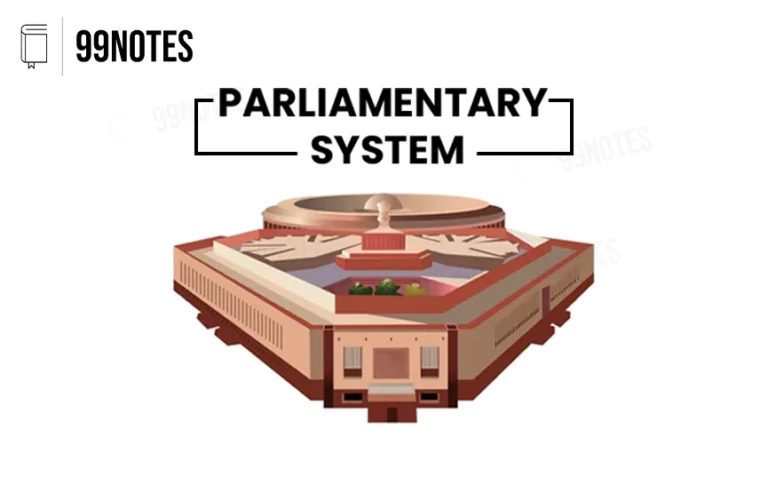The Vice President of India UPSC Notes
Vice President of India Article 63 of the Indian Constitution provides that there shall be a Vice-President of India. The Vice President of India is the second highest Constitutional Post after the President. The position of the Indian Vice-President is modelled on the American Vice-President as s/he performs the dual role of Vice-President and the…


![Salient Features Of Indian Constitution [Upsc Notes] | Updated January 9, 2025 Salient Features Of Indian Constitution [Upsc Notes]](https://www.99notes.in/wp-content/uploads/2023/08/salient-features-of-indian-constitution-banner-99notes-upsc-654cce9bf3d76.webp)



![Centre State Relations- Legislative, Administrative, And Financial [Upsc Notes] | Updated January 9, 2025 Centre State Relations- Legislative, Administrative, And Financial [Upsc Notes]](https://www.99notes.in/wp-content/uploads/2023/10/central-state-relation-featured-768x500.webp)



![Fundamental Rights Of Indian Constitution: Article12-35 [Indian Polity Notes For Upsc Exams] | Updated January 9, 2025 Fundamental Rights Of Indian Constitution: Article12-35 [Indian Polity Notes For Upsc Exams]](https://www.99notes.in/wp-content/uploads/2023/09/fundamental-rights-banner-99notes-651fdb2e2cee1.webp)